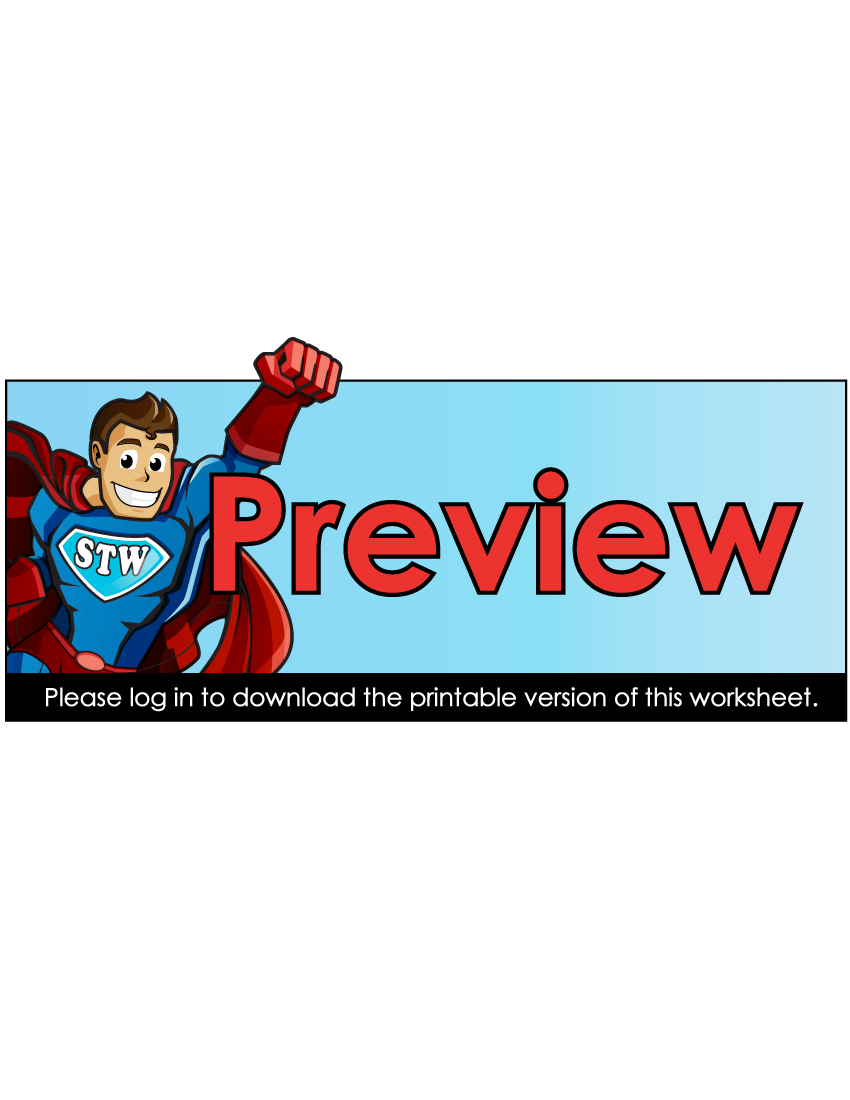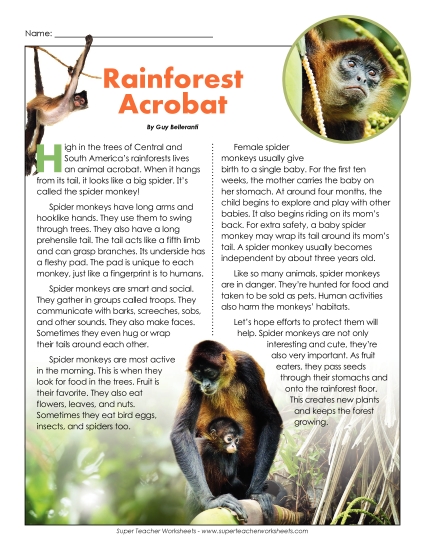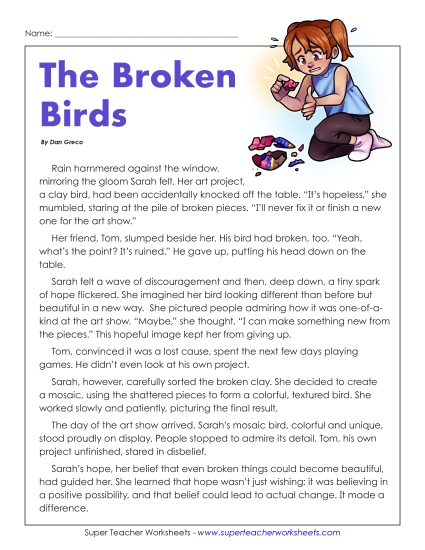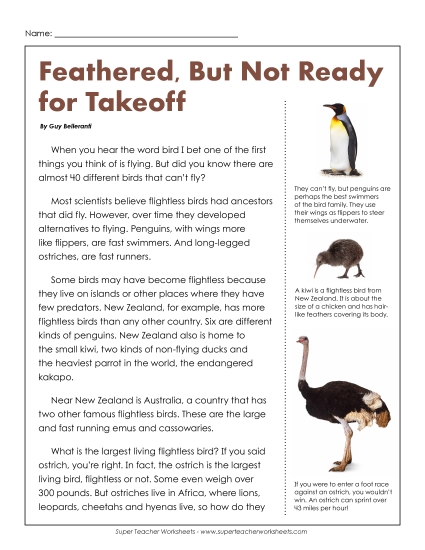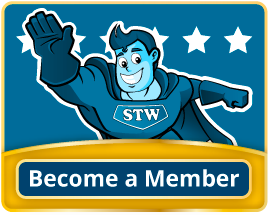RI.4.1:
Reading Informational
Key Ideas and Details
Refer to details and examples in a text when explaining what the text says explicitly and when drawing inferences from the text.
RI.4.2:
Reading Informational
Key Ideas and Details
Determine the main idea of a text and explain how it is supported by key details; summarize the text.
RI.4.3:
Reading Informational
Key Ideas and Details
Explain events, procedures, ideas, or concepts in a historical, scientific, or technical text, including what happened and why, based on specific information in the text.
RI.4.4:
Reading Informational
Craft and Structure
Determine the meaning of general academic and domain-specific words or phrases in a text relevant to a grade 4 topic or subject area.
RI.4.10:
Reading Informational
Range of Reading and Level of Text Complexity
By the end of year, read and comprehend informational texts, including history/social studies, science, and technical texts, in the grades 4-5 text complexity band proficiently, with scaffolding as needed at the high end of the range.
W.4.2b:
Writing
Text Types and Purposes
Develop the topic with facts, definitions, concrete details, quotations, or other information and examples related to the topic.
W.4.2d:
Writing
Text Types and Purposes
d.Use precise language and domain-specific vocabulary to inform about or explain the topic.
W.4.4:
Writing
Production and Distribution of Writing
Produce clear and coherent writing in which the development and organization are appropriate to task, purpose, and audience. (Grade-specific expectations for writing types are defined in standards 1-3 above.)
W.4.10:
Writing
Range of Writing
Write routinely over extended time frames (time for research, reflection, and revision) and shorter time frames (a single sitting or a day or two) for a range of discipline-specific tasks, purposes, and audiences.
L.4.6:
Language
Vocabulary Acquisition and Use
Acquire and use accurately grade-appropriate general academic and domain-specific words and phrases, including those that signal precise actions, emotions, or states of being (e.g., quizzed, whined, stammered) and that are basic to a particular topic (e.g., wildlife, conservation, and endangered when discussing animal preservation).

